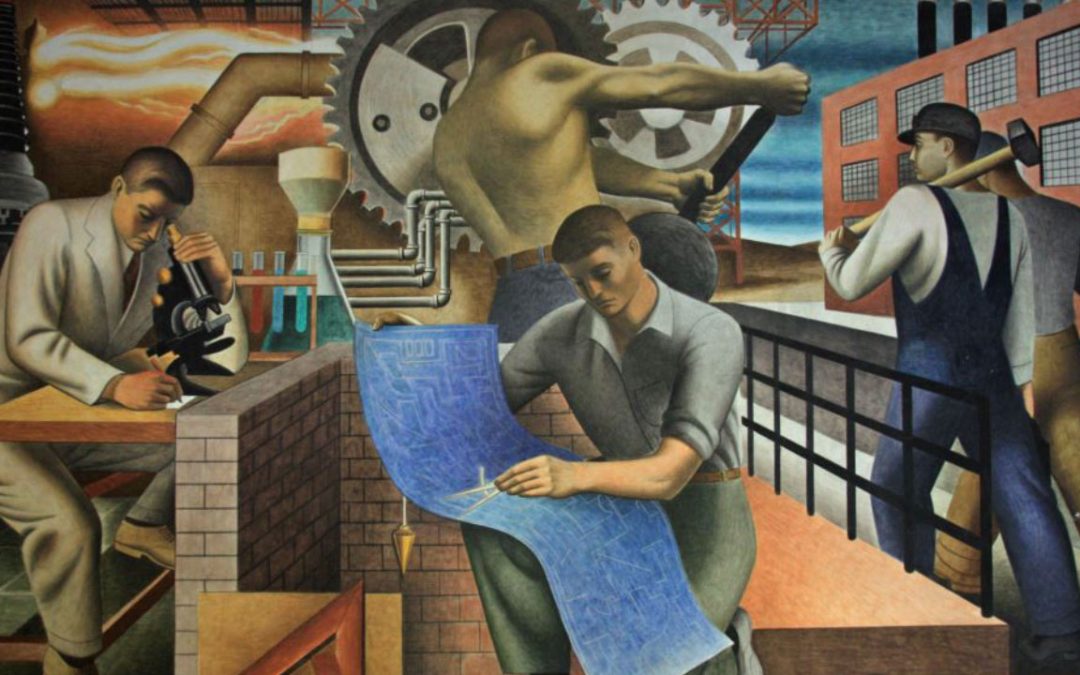Economic is a pretty complex business. Few people understand even the basics, and I’m pretty sure no one fully understands how any economic system works. We all hear people throw around terms like “The Austrian school of economics” or “institutional economics” but most people are simply unfamiliar with these. Many schools of economic thought are named after the university or institution at which they were developed, others are named with historical reasons in mind. As you’d expect, the schools are vastly different and those of a particular school are in opposition with others. If you’re interested in politics and finance, you should know about these ten schools of economic thought.

Keynesian Economics
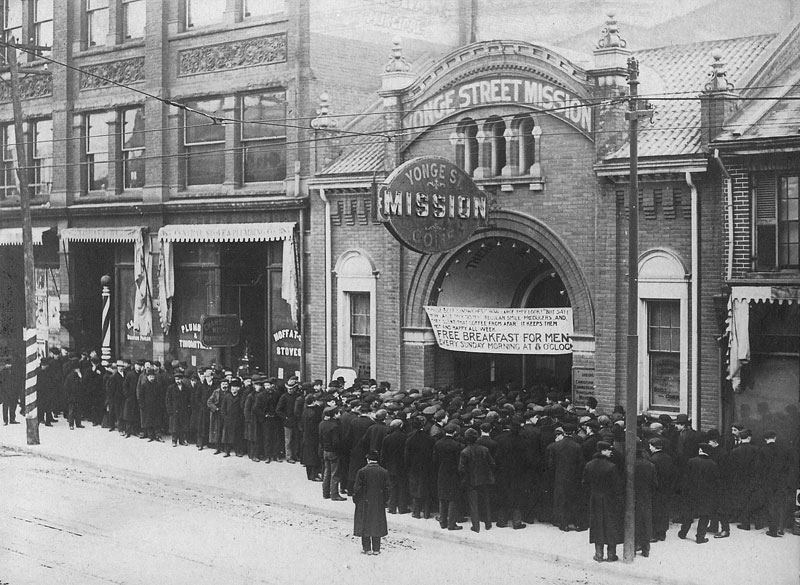
Keynesian economics puts forward the idea that productivity isn’t necessarily linked to supply and demand, but a range of other factors. Factors like inflation. It argues that economies do not always self correct over time, and that government should act in specific ways after an economic crisis. The idea is that the government should stimulate the economy in order to inspire growth. Such growth will eventually outpace and repay the initial amount of money used to stimulate the economy. This is so much different from classical economics, which tells that the government should stay out of things after a crisis. After the 2008 financial crisis, the British government operated on Keynesian economics policy.

Birmingham School

The Birmingham School of economics is almost the exact opposite of Keynesian economics. It emerged at the beginning of the 19th century, which was during tough economic times caused by the costly Napoleonic wars. It put forward the idea that economic growth was tied to supply and demand. It is similar to Keynesian economics in the actual practical form, advocating government intervention and opposing currency being kept on the gold standard. They argued that the depression they saw was not caused by war, but by the end of war. Because when wars end, industrial demand falls, and therefore economic growth.

Ecological Economics

Ecological economics sounds exactly like it is. It’s a school which prioritizes sustainability and safety, especially towards the environment but also towards any humans. People of this school often talk about shared equity, in which all humans must benefit from an economic system, rather than just some people at the expense of others. It’s kinda like communism lite, but a lot less brutal and a lot more environmentally friendly. The views people of this school hold differ greatly as the school is still evolving. Other schools are pretty much set in their ways. In many ways it’s similar to a school called Feminist economics.

Behavioral Economics

Unlike other schools of economic thought, Behavioral economics doesn’t set out a specific set of policies. The whole idea of Behavioral economics is that economic policy should be based on science. You study the psychology of why people spend their money on what. This gives an understanding of how to get people to spend more money, which would, in theory, stimulate economic growth. So really it might be the ultimate economic school, as it’s based on what people actually do. Other schools tend to be based on ideology. And maybe that explains why so many established economists absolutely reject the idea of Behavioral economics.

Marxian Economics
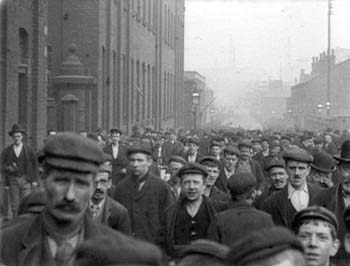
Marxian economics is the result of Karl Marx’s work. He was the man who famously developed the idea of communism, inspiring the rise of the Soviet Union. Marxian economics is very critical of capitalism, and the way in which ordinary workers are treated by their employers. It is different from Marxism, which is the political ideology inspired by Karl Marx. Marxian economics doesn’t really touch on topics such as political revolutions and the overthrow of governments. If tends to focus on practical financial issues. They want to prevent the capitalist system from doing anything crazy, as they believe it’s inherently self-destructive. So they tend to want to protect our current system from itself, rather than bring in a new one. It’s important to remember that there are several different schools of economic thought inspired by Marxism.

Historical School Of Economics
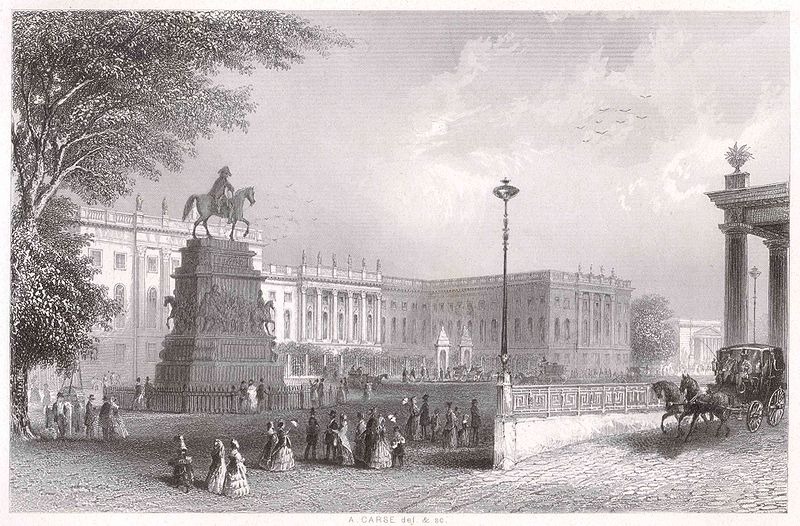
Despite it’s name, the Historical school of economics isn’t actually that old. It emerged in the 1800s, and drew it’s policy from historical analysis. They advocated social reform, it was thought that the improvement of conditions in factories would increase productivity of the common worker. It was the dominant school of economic thought in Germany for most of the 19th century. As the German economy was growing strong through that period, the historical school of economics was adopted by people all over the world. It was the main opposing school to Marxism, which made it very possible. They weren’t totally opposed to government involvement in economic matters, but were always careful.

Classical Economics
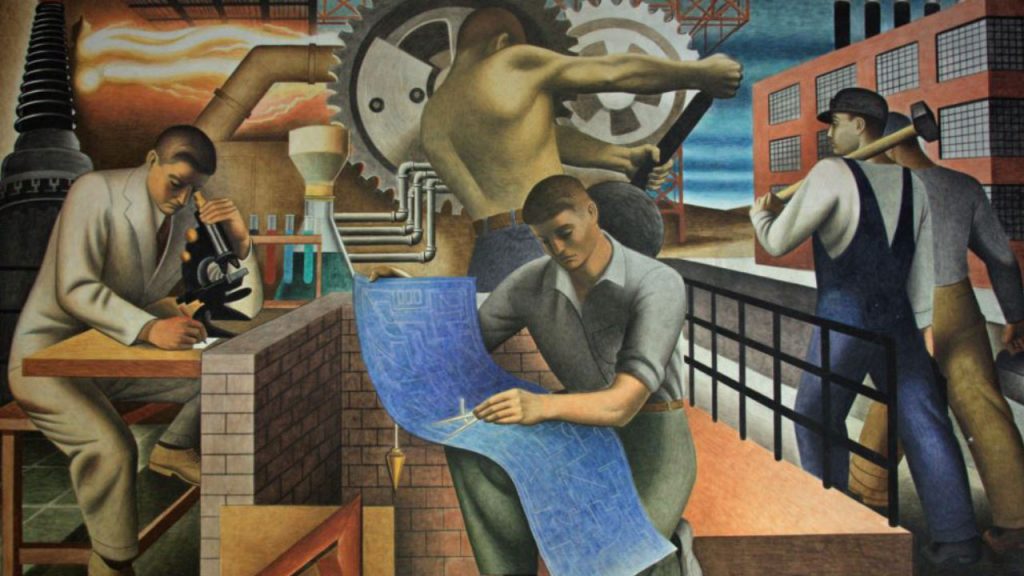
Classical economics grew from Adam Smith’s writing in his book “the wealth of nations”. This economic school is unlike those which were popular before it because it focuses more on trade relationships than actual gold and silver. It was revolutionary. They taught that more than one nation can become more wealthy through mutually beneficial trade. Other schools taught it was one nation’s growth at the cost of another. Classical economics teaches that state intervention in economics is sometimes necessary to protect the interest of all people, rather than just those with power. But they also believed that the free markets don’t usually require state intervention.

Stockholm school
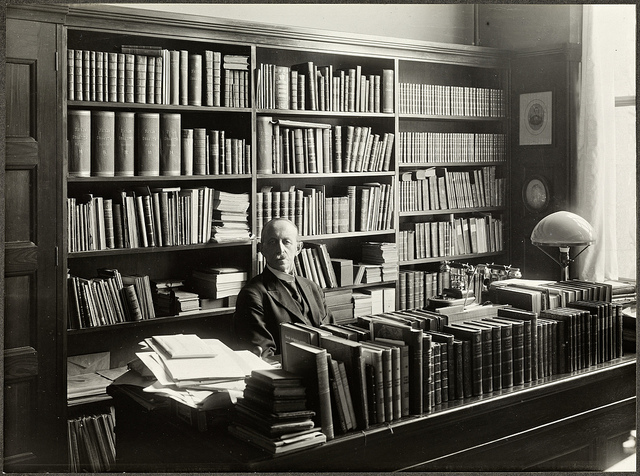
The Stockholm school was developed by Swedish economists in the 1930s. It is similar to Keynesian economics, but argues that government intervention into economics should be on a constant basis, rather than only when absolutely necessary. The Stockholm school was largely adopted by Swedish politicians in the following decades and arguably led to the creation of the huge welfare states we now see in Scandinavia. Scandinavian nations are now in the mid-way-point between capitalism and socialist ideals as a result of this. It’s hard to judge whether that’s a good thing or not. I’m sure only time will tell.

Austrian School

People of the Austrian School are often the most vocal of any economists, and it’s a good thing that they are. The Austrian School advocates as little government regulation as possible. It teaches that the free markets are a lot more efficient and effective without the government getting in it’s way. The Austrian School peaked during the 1970s when it inspired people like Milton Friedman, who went on to develop the Chicago school. The Austrian school teaches that the ability to own and exchange private property is absolutely key to economic growth. They believe that this is why socialism has never worked, because private property and capital is less available. They believe that the markets have not been, and can not be, designed. The argument is that you can’t be ideological, just analytic.

Chicago School

The Chicago school is like an adapted version of the Austrian school. It was this school of economics which influenced the policies of Ronald Reagan and Margaret Thatcher. It was from this school which the idea of trickle down economics was drawn. The Chicago school was developed by academics at the university of Chicago. It teaches that privatization of most industries is a good move, and general deregulation of all industries, but especially the financial sector. It’s a largely libertarian school and is controversial today because of how Chicago policies were put in place during the 1980s. I don’t think there are any schools of economic thought more controversial.

